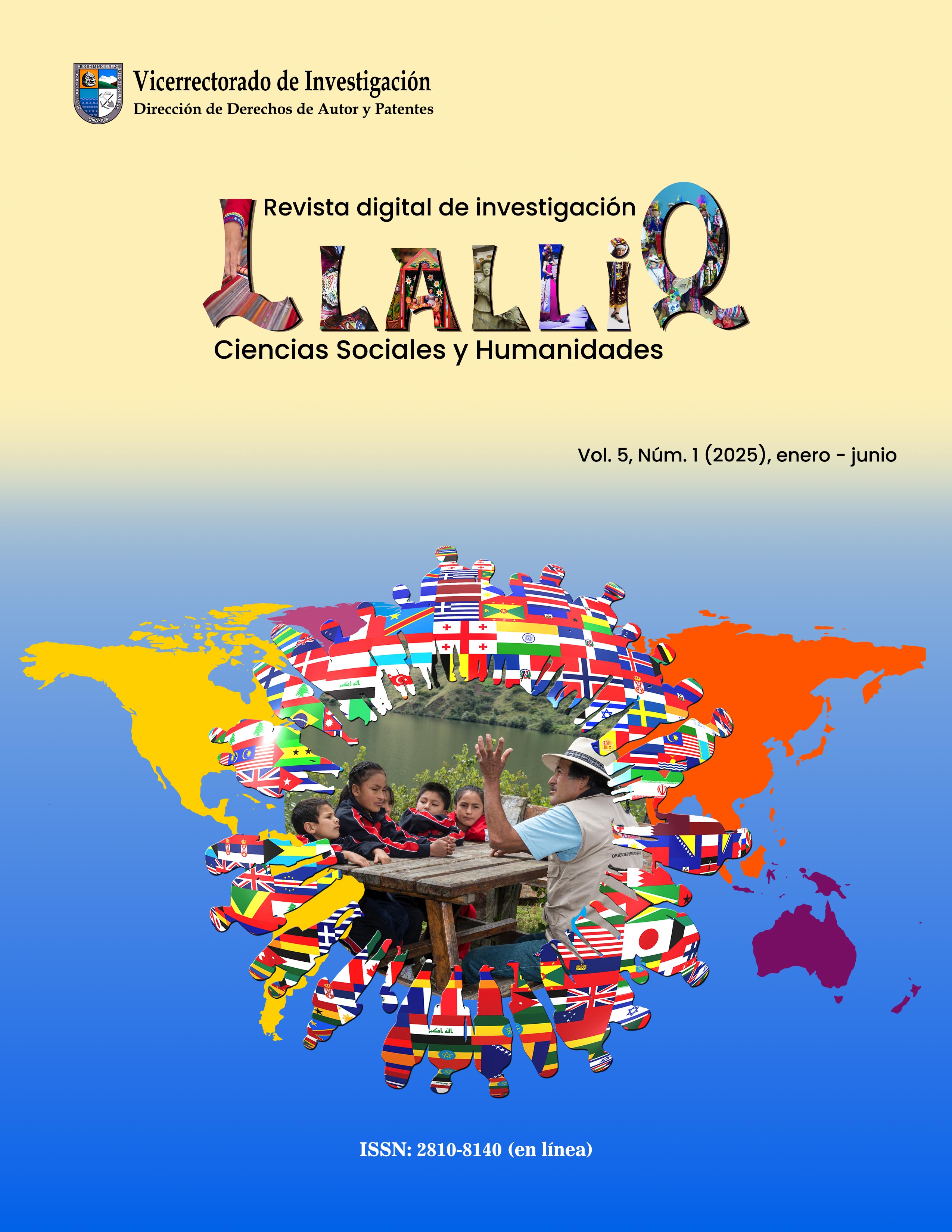Fundamental right to mental health of persons subject to internment security measures in the Constitutional Court ruling and its effects on State policy
Main Article Content
Abstract
Health in any of its forms or manifestations is a fundamental right. Its observance, promotion and defense correspond to the State. It is inadmissible in a constitutional state to promote an undignified life, either by action or omission. The Constitutional Court has ruled in different judgments on the need to protect the right to mental health of people in general, especially those deprived of liberty for the commission of crimes. In all of them, he has challenged the action of the State. Moreover, it has required him to meet certain standards in order to overcome such a state of affairs. The supreme interpreter of the Constitution, upon verifying that the right to mental health of the prisoner is violated, chose to declare a state of affairs unconstitutional. However, it should be noted that the State has not determined policies aimed at enervating or at least alleviating the effects of this violation, much less complying, despite the passage of time. There are the sentences and the reasons that have motivated the supreme interpreter of the constitution to issue such a pronouncement declaring the right to mental health as a fundamental right. But there is a common denominator that immediately stands out: The mental health of people deprived of liberty is not taken into account, especially those who have security measures of internment. It is concluded that the State is indifferent, lacking policies to address the mental health of Peruvians, despite the existence of mandatory provisions.
Downloads
Article Details

This work is licensed under a Creative Commons Attribution 4.0 International License.
References
Caro, D. C., & Reyna, L. M. (2023). Derecho Penal parte general. Escuela de Derecho L.P. SAC.
Casación penal 1048-2018 (Sala Penal Permanente de la Corte Suprema, 4 de septiembre de 2019).
Defensoría del Pueblo (2018). Informe defensorial N° 180. Defensoría del Pueblo.
Ferrajoli, L. (2011). Constitucionalismo principialista y constitucionalismo garantista. DOXA, 15-53. https://doi.org/10.14198/DOXA2011.34.02
León, F. J. (2014). El derecho a la salud en la jurisprudencia del Tribunal Constitucional Peruano. Pensamiento Constitucional, 19(19), 389-420.
https://revistas.pucp.edu.pe/index.php/pensamientoconstitucional/article/view/12534/13094
Mir Puig, S. (2004). Derecho Penal parte general. B de F Ltda.
OMS (2001). Informe sobre la salud en el mundo 2001. La salud mental: Nuevos conocimientos, nuevas esperanzas. OMS.
OMS (2006). Manual de recursos de la OMS sobre salud mental, derechos humanos y legislación. OMS.
OMS (2022). Plan de acción integral sobre la salud mental 2013-2030. https://iris.who.int/bitstream/handle/10665/357847/9789240050181-spa.pdf?sequence=1
Palacios, A. & Bariffi, F. (2007). La discapacidad como una cuestión de derechos humanos: Una aproximación a la Convención Internacional sobre los Derechos de las Personas con Discapacidad. Ediciones Cinca SA. http://hdl.handle.net/11181/3912
Quintero, J. & Navarro, A. M., & Meza, M. I. (2011). La figura del estado de cosas inconstitucionales como mecanismo de protección de los derechos fundamentales de la población vulnerable en Colombia. Revista Jurídica Mario Alario D Filippo, 3(1), 69-80.
Sentencia de la Corte Constitucional de Colombia, T-025/04 (Corte Constitucional 22 de enero de 2004).
Sentencia del Tribunal Constitucional 881 5-2005-PIC/TC (Tribunal Constitucional 7 de enero de 2006).
Sentencia del Tribunal Constitucional 02480-2008-PA/TC (Tribunal Constitucional 11 de julio de 2008).
Sentencia del Tribunal Constitucional 02480-2008-PA/TC (Tribunal Constitucional 11 de Julio de 2008).
Sentencia del Tribunal Constitucional 05048-2016-PA/TC (Tribunal Constitucional 18 de agosto de 2020).
Sentencia del Tribunal Constitucional 05436-2014-PHC/TC (Tribunal Constitucional 26 de mayo de 2020).
Sentencia del Tribunal Constitucional 00009-2020-PI/TC (Tribunal Constitucional 18 de noviembre de 2021).
Sentencia Plenaria del Tribunal Constitucional Sentencia 945/2021 (Tribunal Constitucional 20 de agosto de 2020).
Sentencia Plenaria del Tribunal Constitucional 00009-2020-PI/TC (Tribunal Constitucional 18 de noviembre de 2021).
